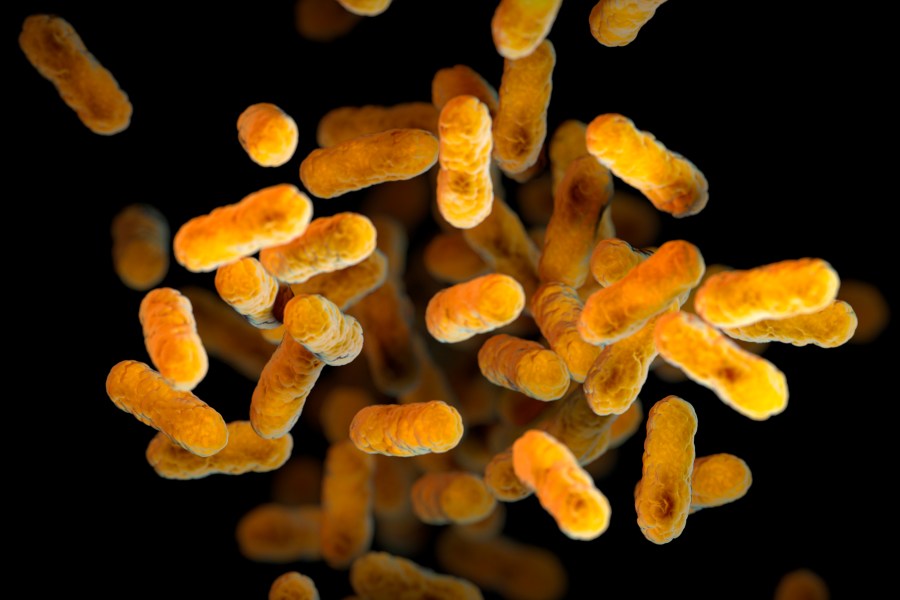HONOLULU (KHON2) — The Hawaii Department of Health has reported that pertussis, also known as whooping cough, has reached alarming numbers in 2025.
As of July 31, there have been 203 cases of pertussis. The number of cases this year has increased significantly since the 84 cases reported in 2024, DOH said.
The highest rates have been reported on Kauai, Maui and Hawaii Island.
According to the DOH, here is what you need to know about pertussis:
Know the signs
The respiratory disease has similar signs and symptoms to a cold. Pertussis symptoms can develop five to 10 days after exposure, but in some cases can take up to three weeks.
Early symptoms include a runny nose, low-grade fever, mild cough and/or apnea, a pause in breathing pattern.
Later symptoms can include coughing fits, followed by a “whoop” sound, vomiting during or after coughing fits and exhaustion.
Transmission
This highly contagious respiratory illness is spread by coughing or sneezing. You are considered highly contagious from the beginning of the early symptoms through the third week after coughing fits start.
After beginning antibiotic treatment, you are still considered contagious for five days.
Infants under one year old are the most vulnerable population. Further health complications such as pneumonia, seizures and death can occur.
Prevention
The best way to protect yourself against pertussis, at any age, is to get vaccinated.
The DTaP (diphtheria, tetanus and pertussis) or Tdap (tetanus, diphtheria and pertussis) vaccines are the most effective ways to prevent and protect against the disease.
Vaccines for different age groups
- Infants and children: Five doses of DTaP vaccine, at ages 2, 4, 6, 15 to 18 months and 4 to 6 years for maximum protection.
- Adolescents: Single dose of Tdap at age 11 or 12 years old.
- Adults: Receive a dose of Tdap if not previously vaccinated. A booster is recommended every 10 years.
In addition to vaccines, it is best to practice health habits such as covering your mouth when you sneeze or cough, disposing of used tissues, and washing your hands often.
To protect infants who can not receive their complete vaccine doses, ensure they are only in close contact with those who are up to date with the pertussis vaccines.
Visit the DOH website for additional information and updates.
